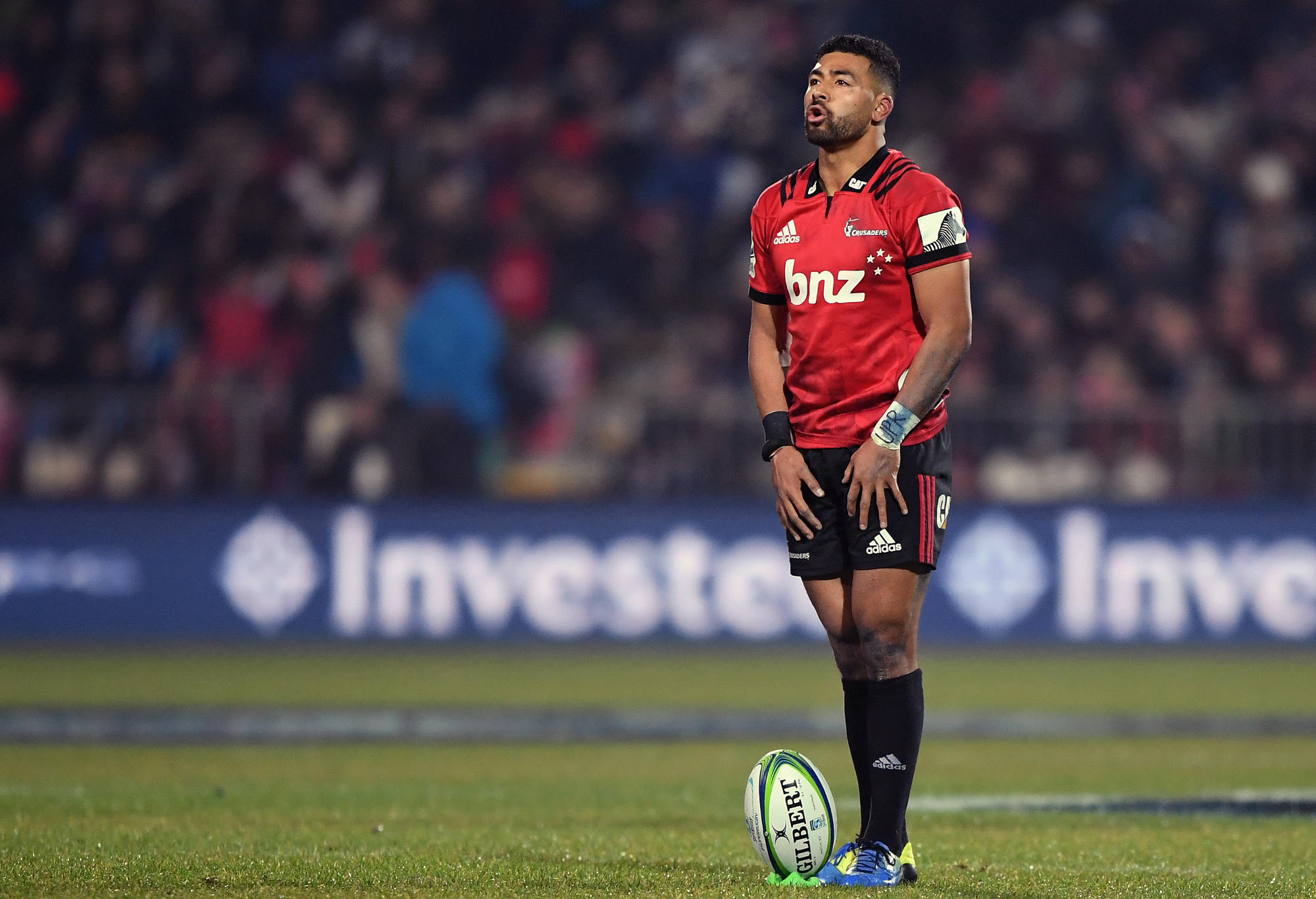Waratahs put 50 on Drua to claim FIFTH Super Rugby Women's title
A hat-trick to Desiree Miller and a double to her wing partner Maya Stewart has seen the Waratahs deny the Fijiana Drua a three-peat,…
The World Cup draw has delivered four quarterfinals that are all shaping as tight contests – so might we see a RWC knockout game decided as never before?
Two of the World Cup finals – South Africa’s 1995 win and England’s 2003 victory over Australia – were decided in extra time – but what is the process if the competing teams are unable to break their deadlock?
Here’s the format for deciding winners the 2023 World Cup:
Here are the shootout rules:
Of course, this is a highly unlikely scenario – although it has happened a couple of times in professional rugby – and Ireland assistant coach Mike Catt acknowledged his team had at least given it some thought.
“We have spoken about it, the players know who they are. Andrew Porter, Tadhg Beirne, Dan Sheehan!,” he joked – naming the three least likely Irish candidates.
“The players are aware of it, it’s a long way to go and with the golden point you’d like to think one side would take their opportunity.

Richie Mo’unga would be All Blacks’ first choice. (Photo by Kai Schwoerer/Getty Images)
“The players who are on the pitch know who they are, we just have to hope they put it through the middle.”
The first penalty shootout in professional rugby happened in the 2009 Heineken Cup semifinal between Cardiff and Leicester.
That was a different format – with kicks taken on the 22 metre line in front and similar to football where all players had to cycle through before players had a second kick. As it happened Leicester won 7-6 after Wales flanker Martyn Williams missed the only kick of the shootout.
The process was widely criticised, with commentators saying it was unreasonable to expect that teams would contain a number of players with goalkicking ability.
“In rugby union only three or four players are ever required to put boot to ball in a meaningful way, so it is ludicrous that a game should be decided by emphasising that particular skill,” wrote Brendan Gallagher in the Telegraph.
The most recent example of a shootout as decider came in 2022 when Toulouse advanced to the Champions Cup semifinals with a penalty shootout win over Munster. But that format also differed from this year’s World Cup.
Each team had to nominate three players to take two attempts each from different positions.
Ben Healy (twice) and Conor Murray missed for Leinester as Toulouse’s kickers Toulouse trio Antoine Dupont, Romain Ntamack and Thomas Ramos won it 4-2.